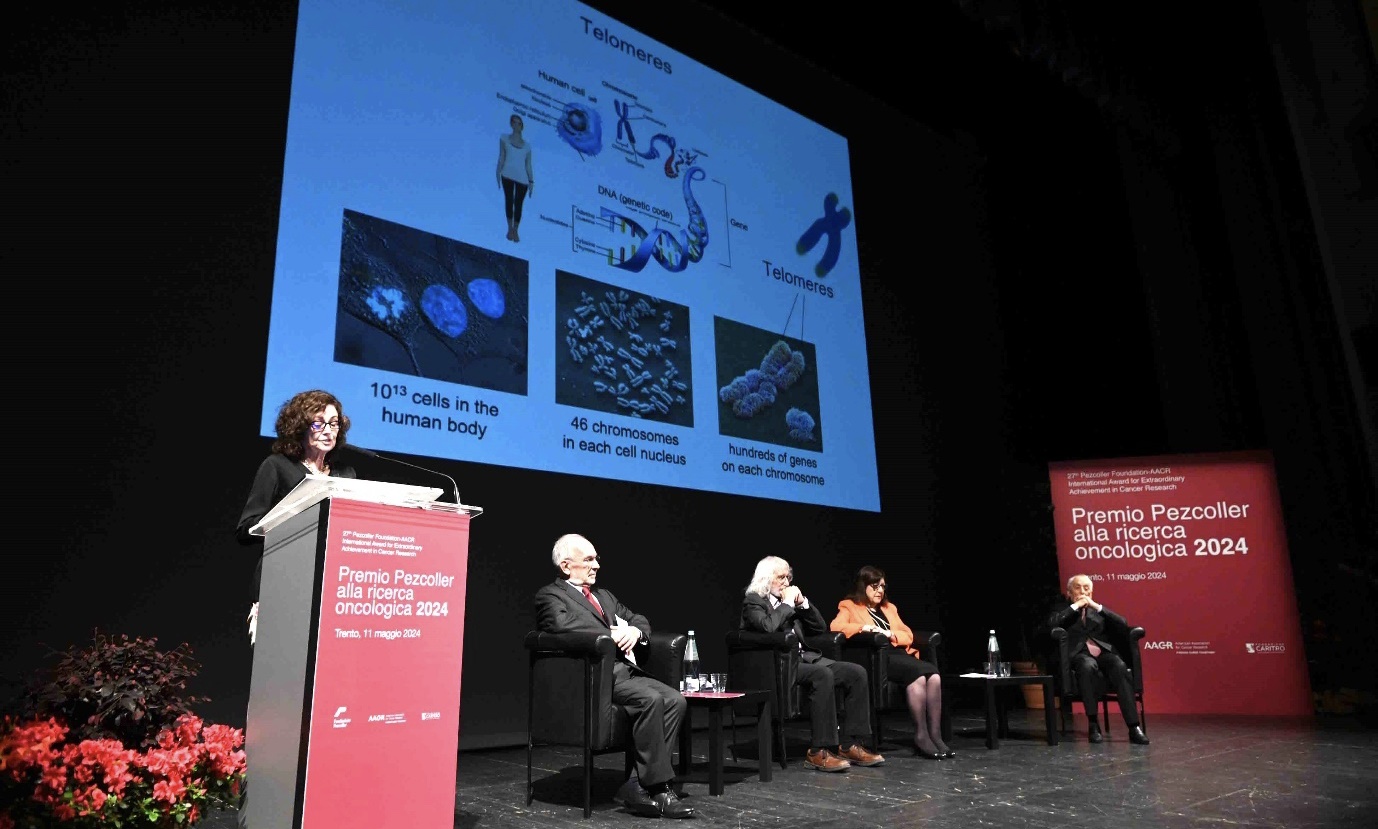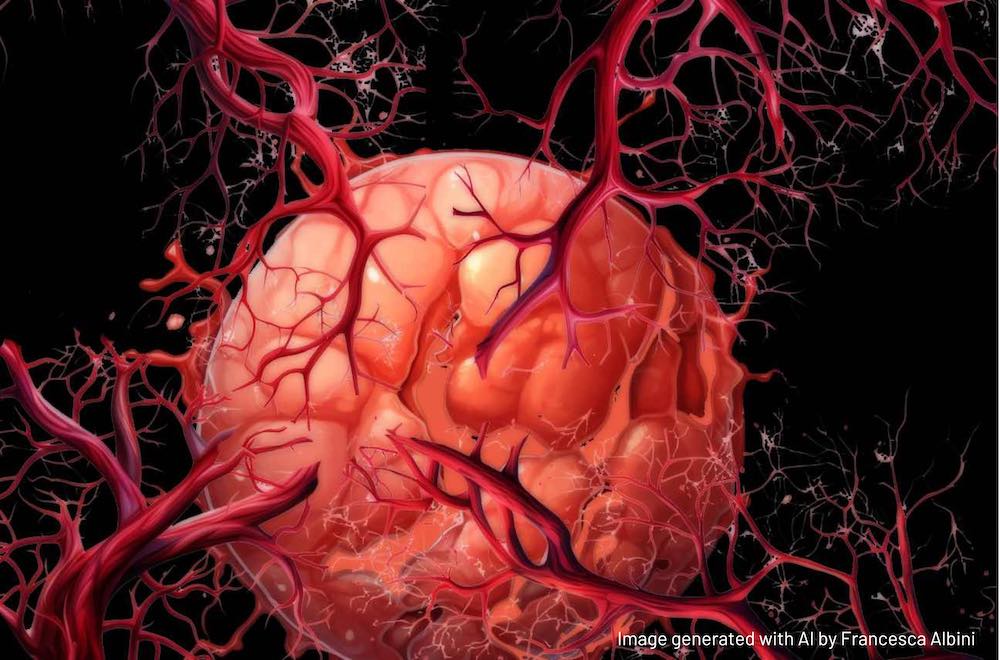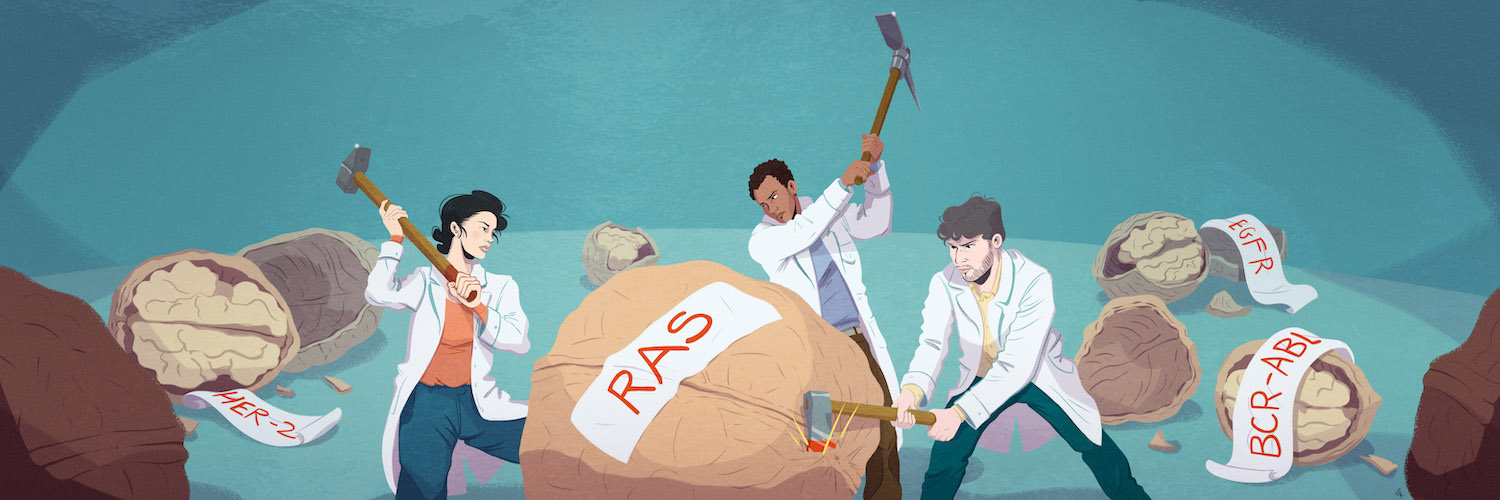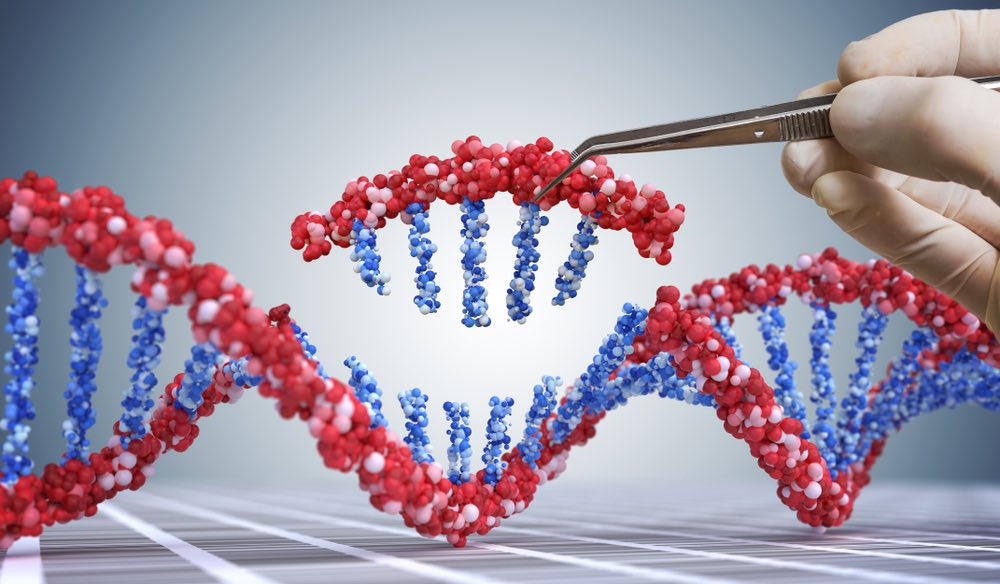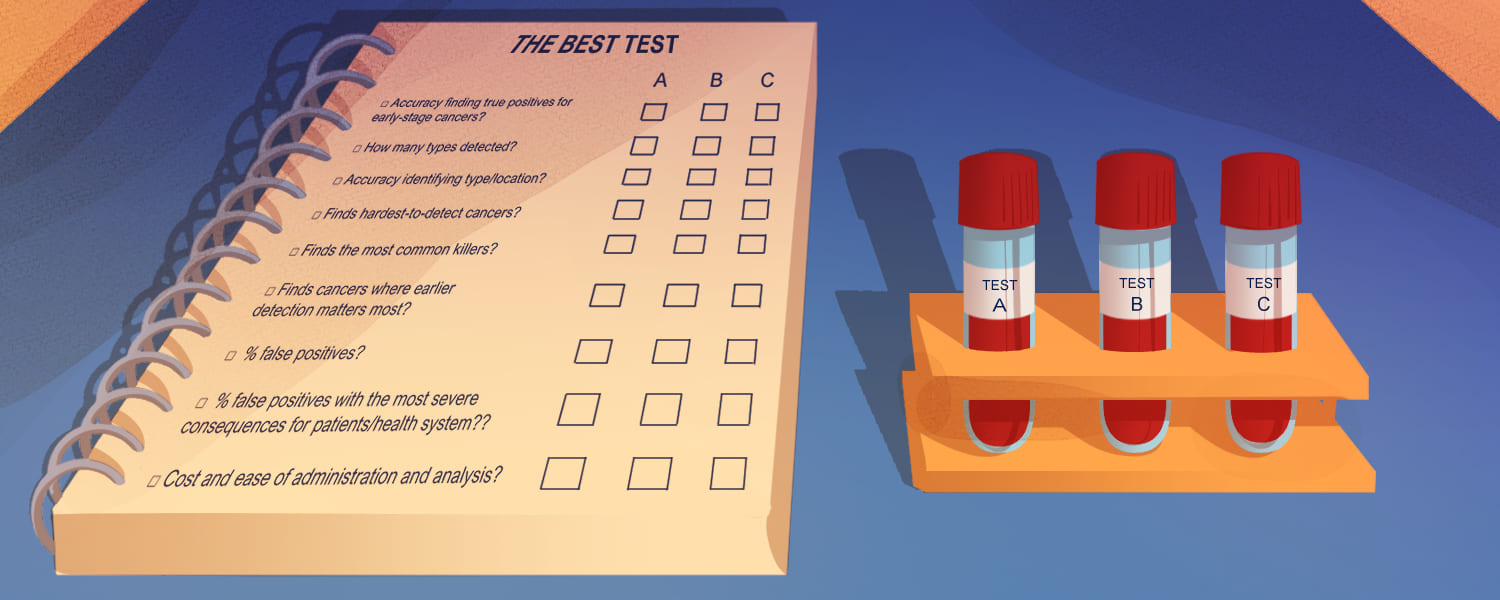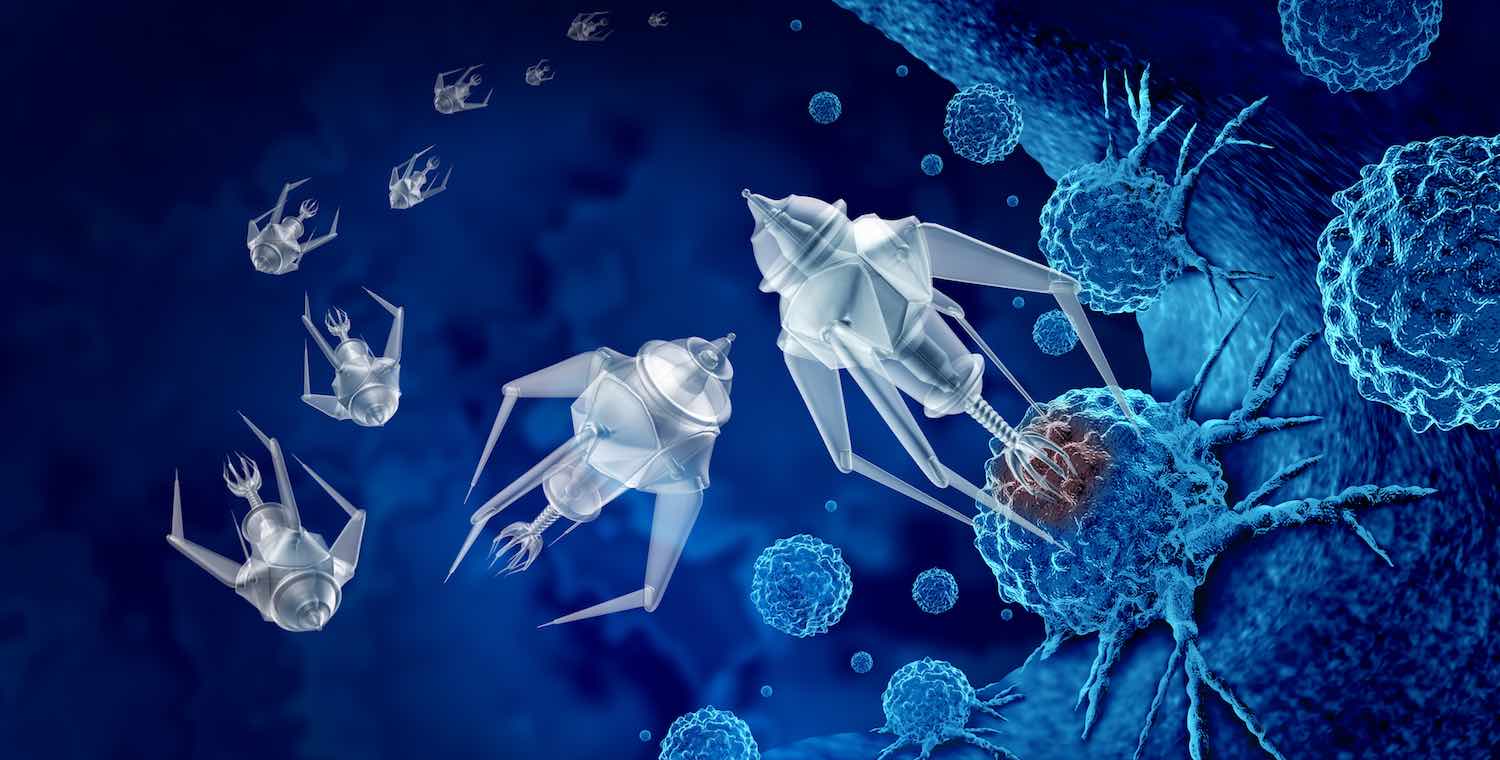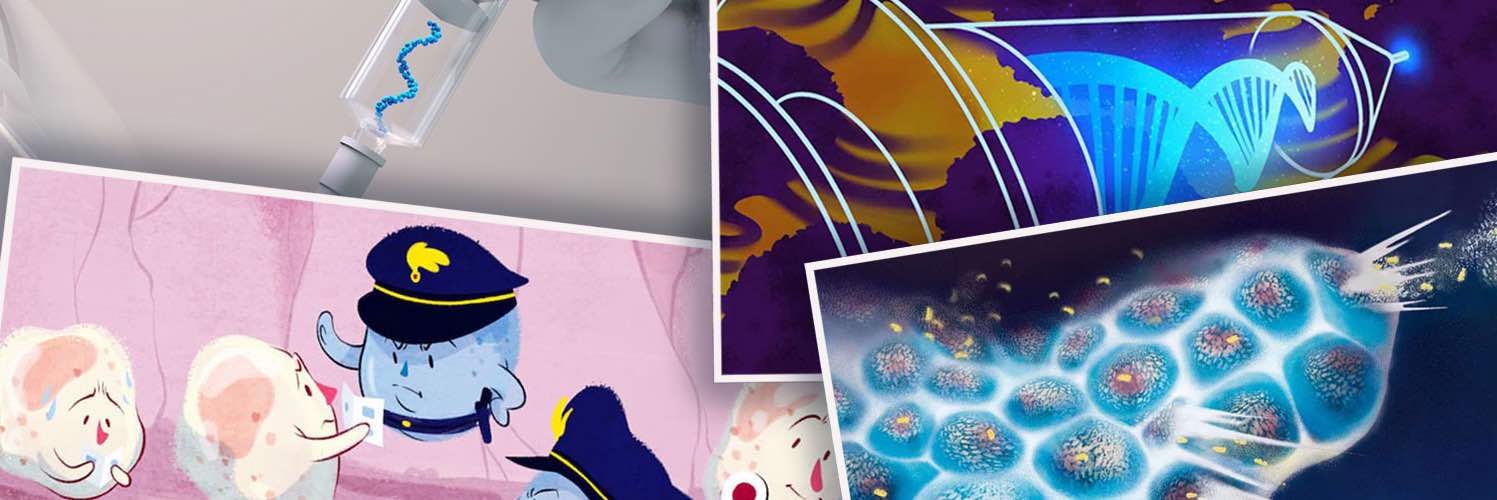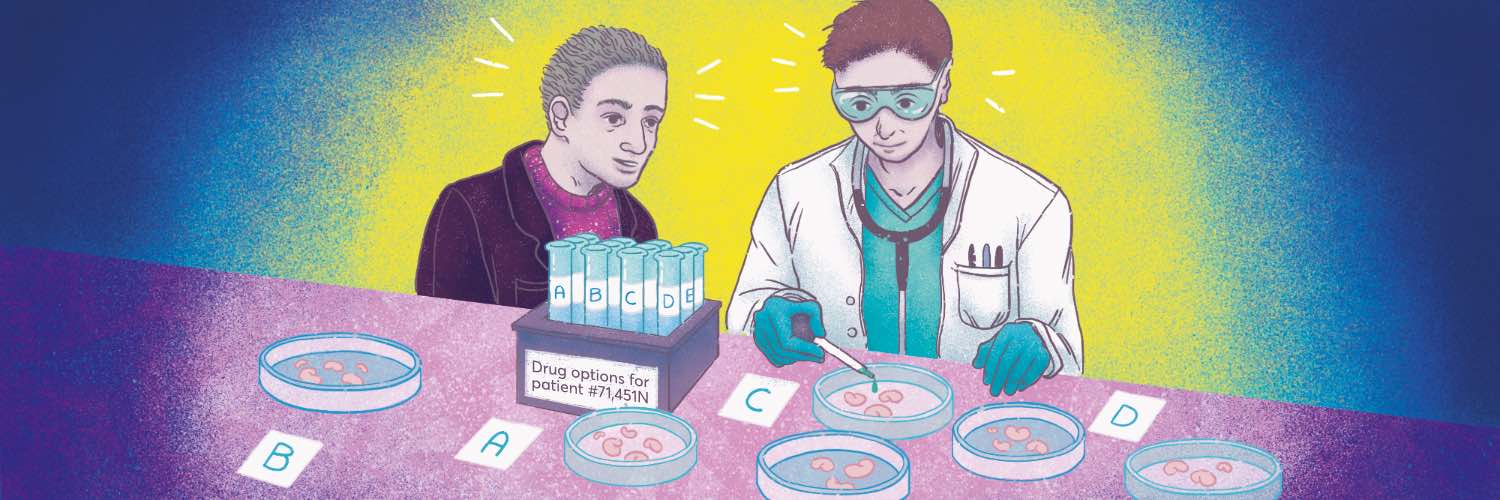Biology basic
How telomeres protect our chromosomes, and what happens when they don’t
Chromosomes are essential structures in the nucleus of eukaryotic cells that carry genetic information as DNA. DNA is organised into genes, which provide the instructions for building and maintaining the organism. During cell division, chromosomes ensure that each daughter cell…
Ethnic differences in cancer biology: What we are learning, and why it matters
There have been great strides in our understanding of cancer genomics - the mutational events that lead to high cancer risks and those that drive progression in cancer patients. Using vast databases such The Cancer Genome Atlas (TCGA) from the…
Angiogenesis: how cutting the blood supply became a tool against cancer
The human body is permeated by an extensive network of approximately sixty thousand miles of blood vessels – an intricately organised system designed for the precise and efficient distribution of oxygen and nutrients to all cells and organs, and for…
Ultra-high dose rate radiation: is FLASH the future?
Radiation that kills only tumour cells and spares healthy tissue? It sounds too good to be true. But if the promise of recent research is fulfilled, the FLASH technique of ultra high dose-rate delivery could present the greatest transformation of…
Cracking RAS: It took over 30 years to hit this ubiquitous oncogene – was it worth the wait?
RAS oncogenes and their proteins have central roles in almost all cancers, including leukaemias, multiple myelomas, skin cancers and many solid tumours, making the RAS protein family an ideal cancer target. But efforts to develop clinically efficacious drugs to target…
The CRISPR revolution: it’s transforming cancer research, can it do the same for treatment?
CRISPR is a revolutionary gene-editing tool that allows scientists to cut DNA with extraordinary precision and make changes to the genome. The technology was a gift to cancer researchers, whose efforts to understand the roles played by different genes rely…
A blood test for early detection of any cancer: What’s the ideal? Are we getting there?
Earlier cancer diagnosis could make a huge difference to cancer survival rates – only two in ten of those diagnosed after their cancer has metastasised survive, compared with nine in ten diagnosed when the disease is still localised. In 2020…
Nanotechnology is steadily expanding its many roles in tackling cancer
A nanomedicine, as defined by the US National Institutes of Health, is a “highly specific medical intervention at the molecular scale for curing disease or repairing damaged tissues... ” For regulatory purposes, the term covers products with a size between…
Cancer and the immune system: turning insights into treatments
The vision of harnessing our immune systems to fight cancer has been tantalising scientists and doctors for more than a century. The idea had a strong scientific rationale: over millions of years our immune systems have evolved intricate and multi-layered…
How organoids could help match treatments to tumours
When diagnosed with cancer, few things are more important than having confidence that the treatment you are prescribed is the best possible option for you. For many cancers, particularly the more common ones, the evidence for choosing one option over…

